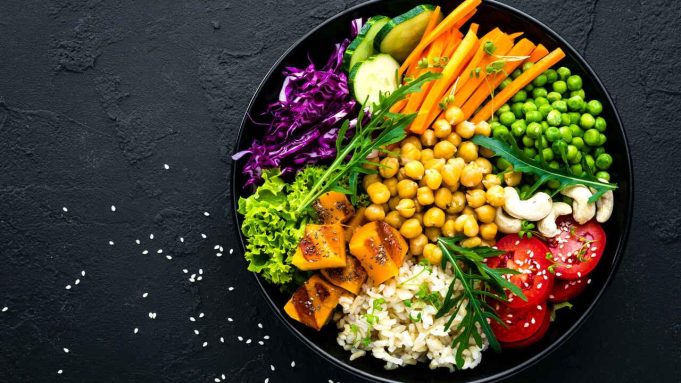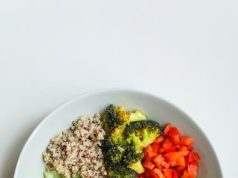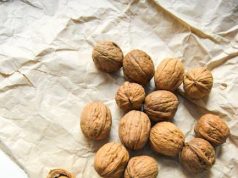In a world where culinary choices are as diverse as the cultures that shape them, the vegetarian diet emerges as a vibrant tapestry of flavors and nutrition. Embracing a lifestyle that shuns meat and fish is not merely a nod to ethical or environmental considerations; it is a journey into a realm of healthful abundance. Building a balanced vegetarian diet is akin to orchestrating a symphony, where each ingredient plays a crucial role in creating harmony on your plate. This article delves into the art and science of crafting a vegetarian diet that satisfies not only the palate but also the body’s nutritional needs. Join us as we explore the essential components of a well-rounded vegetarian lifestyle, offering insights and tips for both seasoned vegetarians and those curious about embarking on this plant-powered path.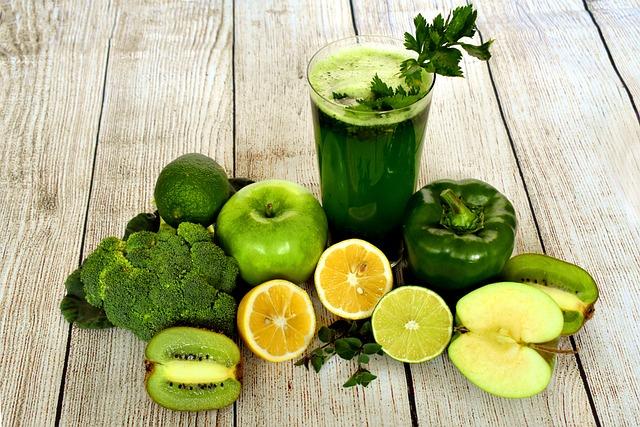
Crafting Nutrient-Rich Meals for Optimal Health
Creating a balanced vegetarian diet requires a harmonious blend of colors, textures, and flavors, ensuring that each meal is a delight for both the palate and the body. By focusing on nutrient density, one can craft meals that are not only satisfying but also packed with essential vitamins and minerals. Embrace a palette of leafy greens, vibrant vegetables, and fresh fruits, and pair them with whole grains and protein-rich legumes to provide a robust nutritional foundation. Incorporate diverse sources of plant-based proteins such as lentils, chickpeas, and quinoa, which not only add substance but also ensure that your body receives the necessary amino acids for muscle maintenance and repair.
- Leafy Greens: Spinach, kale, and Swiss chard are excellent sources of iron and calcium.
- Whole Grains: Brown rice, quinoa, and whole wheat pasta contribute complex carbohydrates and fiber.
- Legumes: Lentils, beans, and peas offer a rich source of protein and B vitamins.
- Healthy Fats: Avocado, nuts, and seeds provide essential fatty acids and help with nutrient absorption.
- Fermented Foods: Include yogurt or kefir for probiotics, essential for a healthy gut.
It’s also vital to consider vitamin B12 and omega-3 fatty acids, which are less prevalent in plant-based foods. Fortified foods or supplements can bridge this gap, ensuring that your diet supports optimal health and vitality. By thoughtfully combining these elements, you can enjoy meals that are not only delicious but also powerfully nourishing.
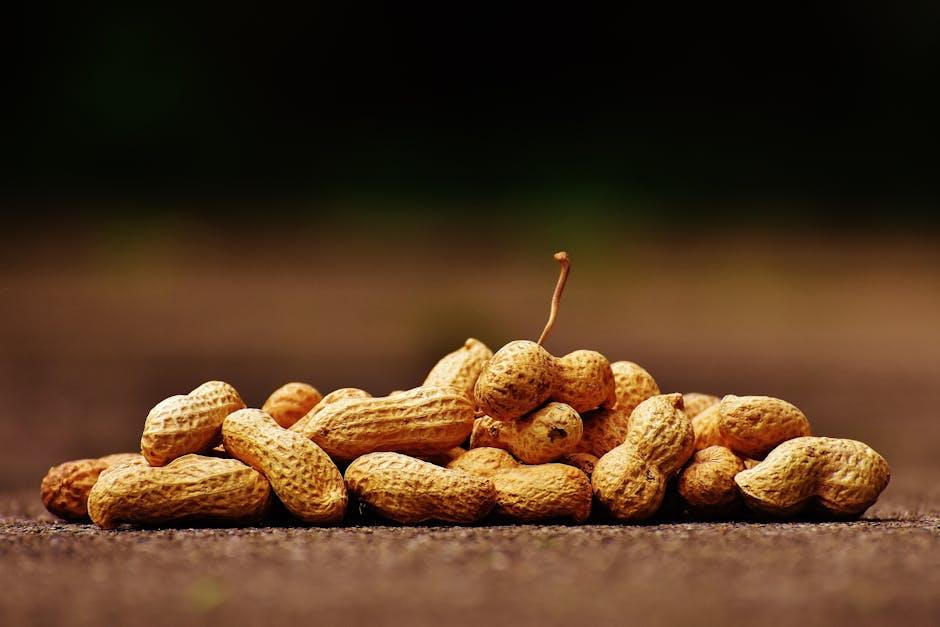
Mastering Plant-Based Protein Sources
Crafting a well-rounded vegetarian diet requires a thoughtful approach to ensure you’re meeting all your nutritional needs, particularly when it comes to protein intake. Thankfully, the plant kingdom offers a rich tapestry of protein sources that can be both delicious and satisfying. Legumes like lentils, chickpeas, and black beans are not only high in protein but also packed with fiber, making them a staple in many vegetarian meals. Incorporating a variety of nuts and seeds, such as almonds, chia seeds, and sunflower seeds, can add a crunchy texture and a protein punch to your dishes.
For those seeking versatility, tofu and tempeh are excellent options. These soy-based proteins can be marinated, grilled, or stir-fried, absorbing flavors beautifully while providing essential amino acids. Don’t overlook quinoa, a complete protein that’s perfect as a base for salads or a hearty side dish. To ensure a diverse intake of nutrients, consider rotating these protein sources throughout your week, pairing them with whole grains and colorful vegetables for a balanced, nourishing diet.
- Legumes: Lentils, chickpeas, black beans
- Nuts and Seeds: Almonds, chia seeds, sunflower seeds
- Soy Products: Tofu, tempeh
- Grains: Quinoa
Essential Vitamins and Minerals in a Vegetarian Diet
Maintaining a well-rounded vegetarian diet requires careful attention to certain vitamins and minerals that are naturally less abundant in plant-based foods. To ensure you’re getting all the nutrients your body needs, consider including a variety of foods rich in these key components. Vitamin B12, crucial for nerve function and the production of DNA, is primarily found in animal products. Vegetarians can meet their needs through fortified cereals, plant-based milks, or supplements. Iron is another essential mineral, and while it’s present in plant foods like lentils, beans, and spinach, it’s not as easily absorbed as the iron from meat. Pairing these with vitamin C-rich foods like bell peppers or oranges can enhance absorption.
For strong bones, Calcium is vital, and while dairy is a common source, it’s not the only option. Include fortified plant milks, tofu, almonds, and leafy greens like kale in your diet. Omega-3 fatty acids, often associated with fish, can be sourced from flaxseeds, chia seeds, and walnuts. Lastly, Zinc, important for immune function and wound healing, can be found in foods such as chickpeas, quinoa, and pumpkin seeds. Remember, a diverse plate not only satisfies your taste buds but also ensures a comprehensive intake of these essential nutrients.
- Vitamin B12: Fortified cereals, plant-based milks, supplements
- Iron: Lentils, beans, spinach (pair with vitamin C for better absorption)
- Calcium: Fortified plant milks, tofu, almonds, kale
- Omega-3s: Flaxseeds, chia seeds, walnuts
- Zinc: Chickpeas, quinoa, pumpkin seeds
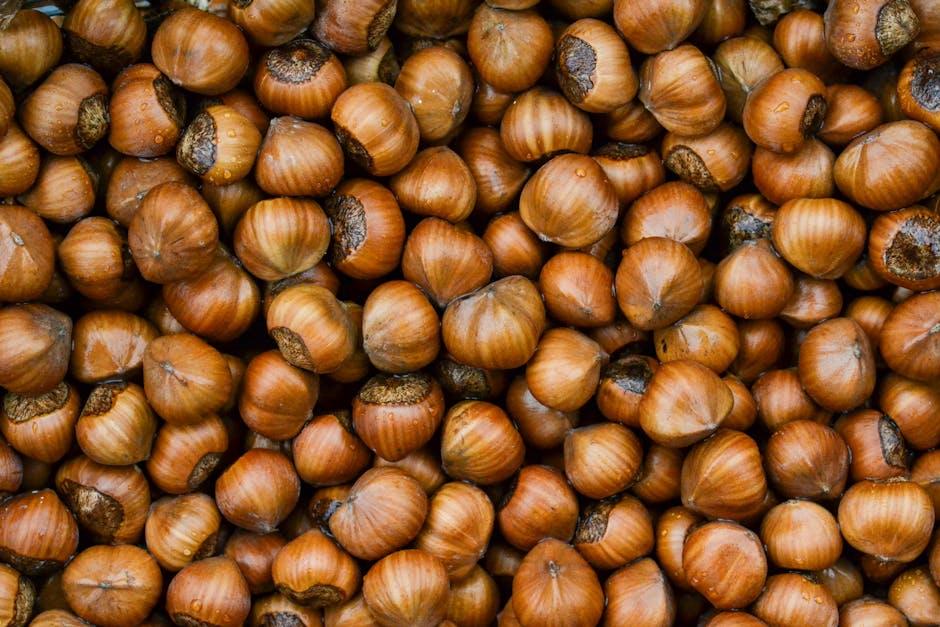
Balancing Flavor and Nutrition with Smart Choices
Crafting a vegetarian diet that satisfies both your taste buds and nutritional needs requires a thoughtful approach. With a focus on variety and balance, you can ensure your meals are both delicious and nourishing. Begin by incorporating a wide range of colorful vegetables and fruits, which not only add vibrant flavors but also supply essential vitamins and minerals. Whole grains like quinoa, brown rice, and oats provide complex carbohydrates and fiber, keeping you energized throughout the day. To enhance your protein intake, include a mix of legumes, tofu, and nuts, which also contribute healthy fats and other vital nutrients.
- Fruits & Vegetables: Aim for a rainbow on your plate with a mix of fresh, seasonal produce.
- Whole Grains: Opt for less processed grains to maintain their nutritional integrity.
- Protein Sources: Diversify with beans, lentils, and plant-based meat alternatives.
- Healthy Fats: Avocados, olive oil, and seeds are excellent choices for heart-healthy fats.
Experimenting with herbs and spices can elevate your dishes, making them more exciting without relying on salt or sugar. It’s about finding that sweet spot where taste meets health, creating meals that are satisfying and supportive of your well-being. By making smart choices, you can enjoy a vegetarian diet that fuels your body and delights your palate.





















